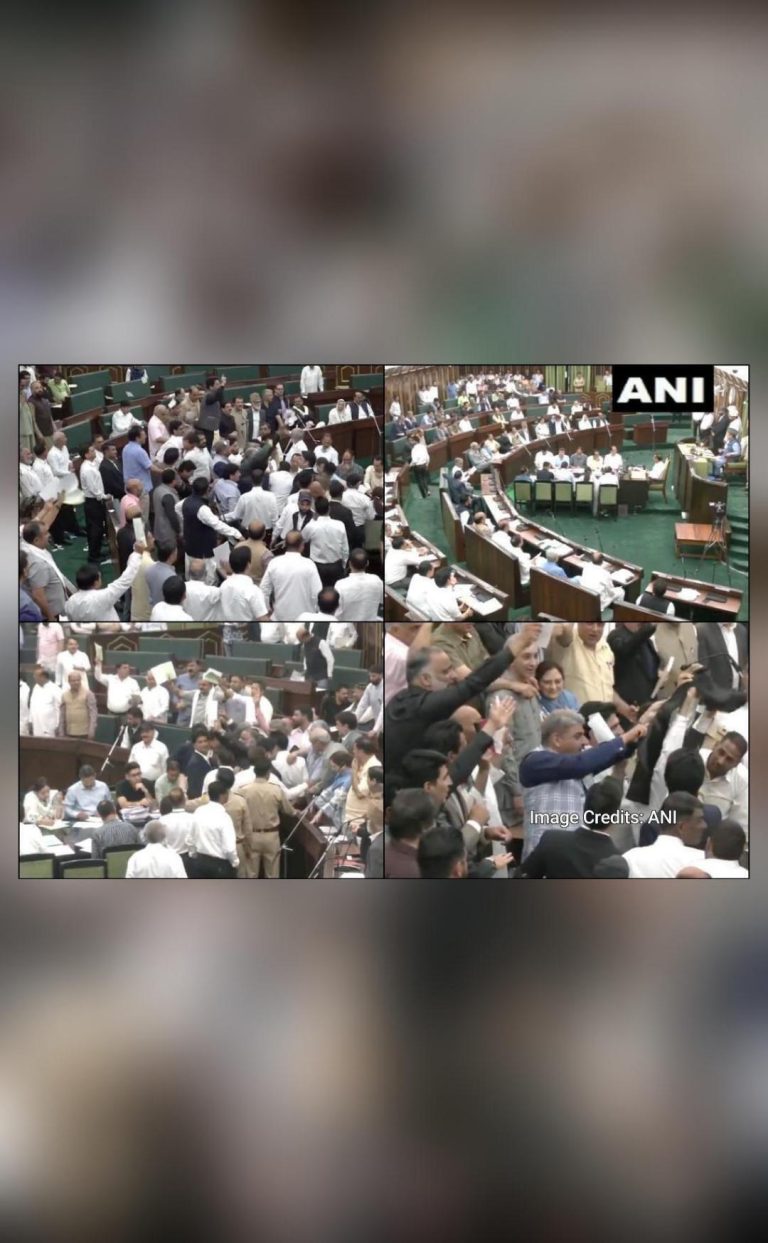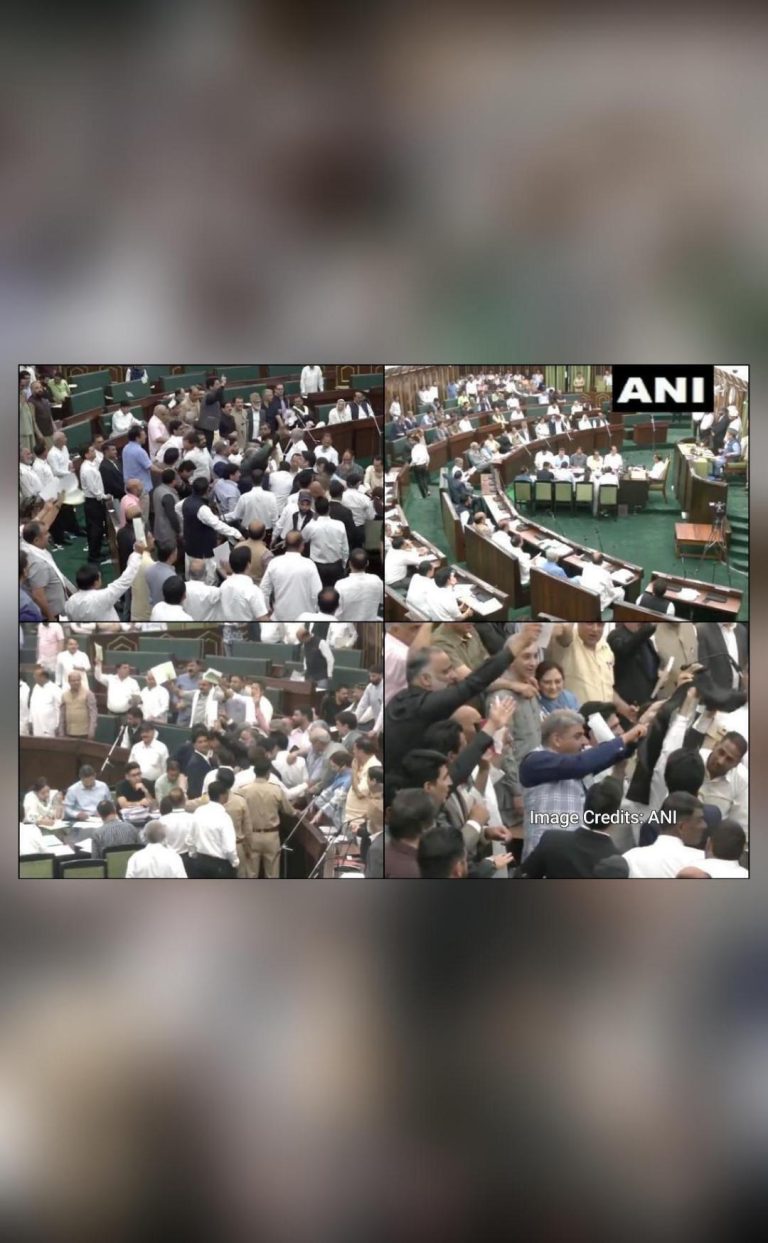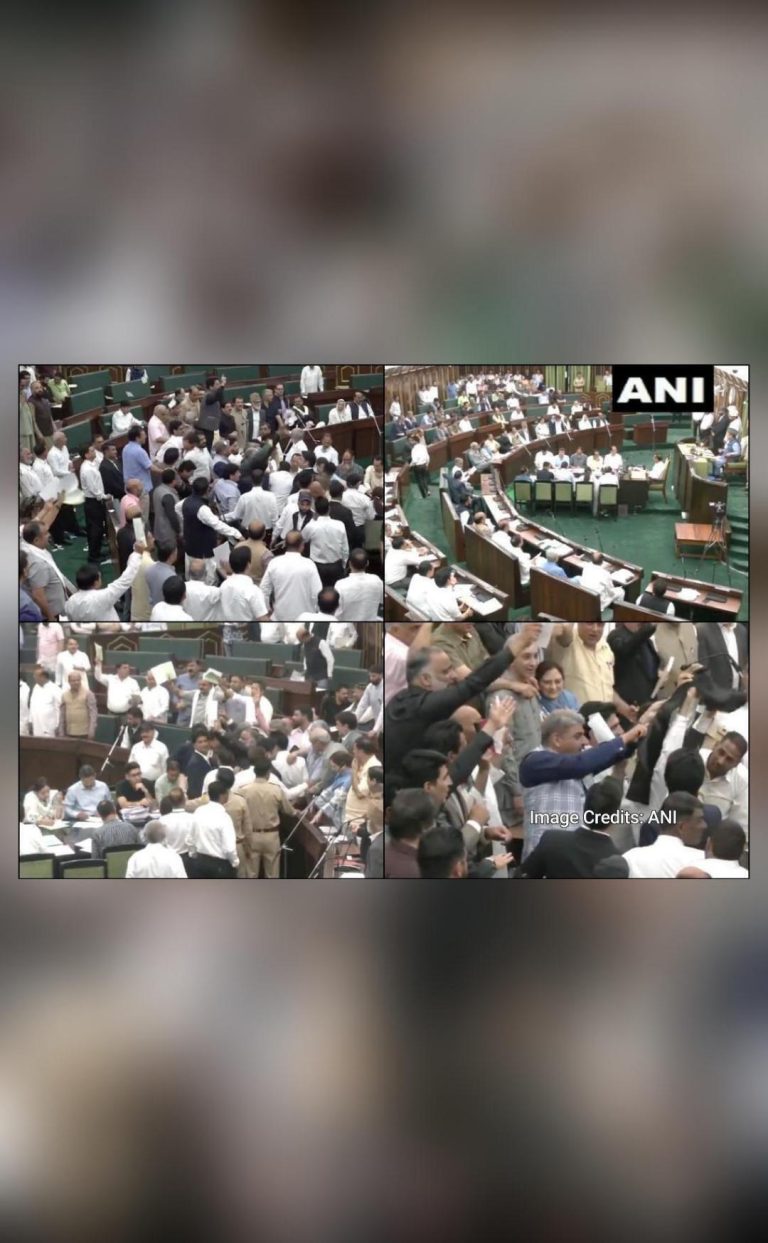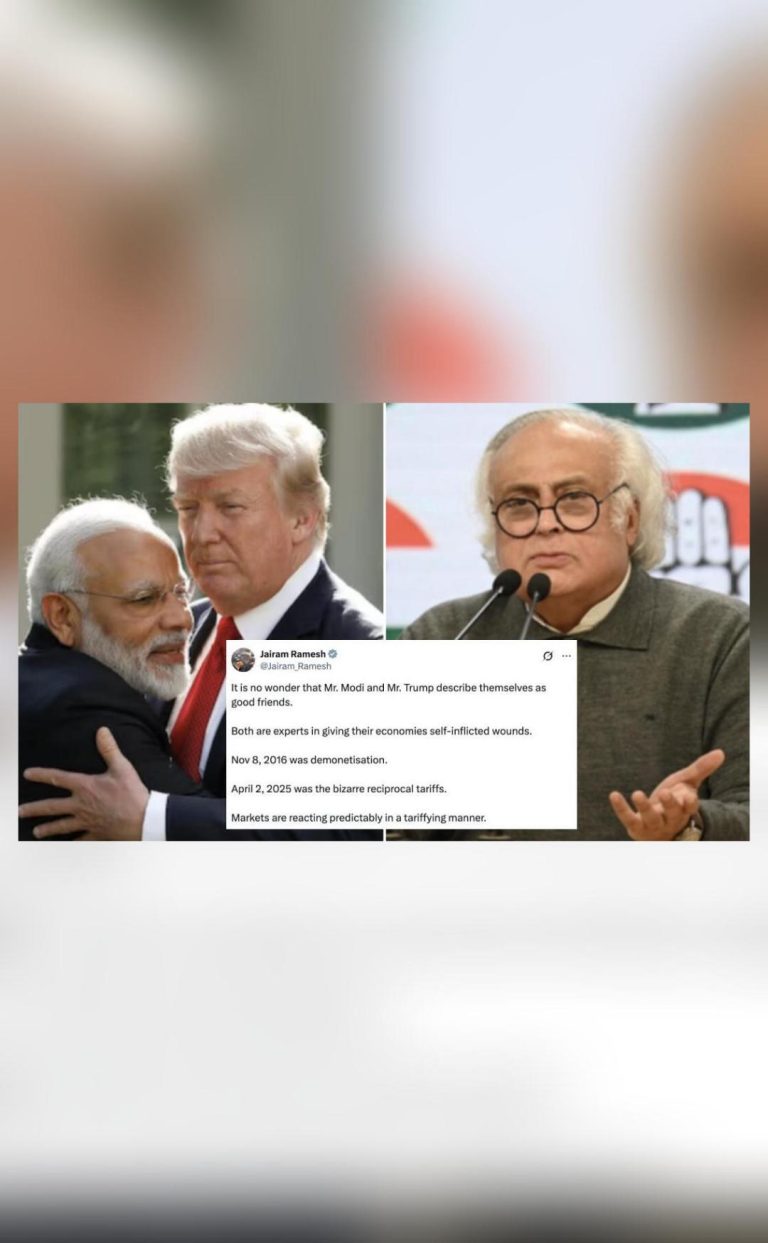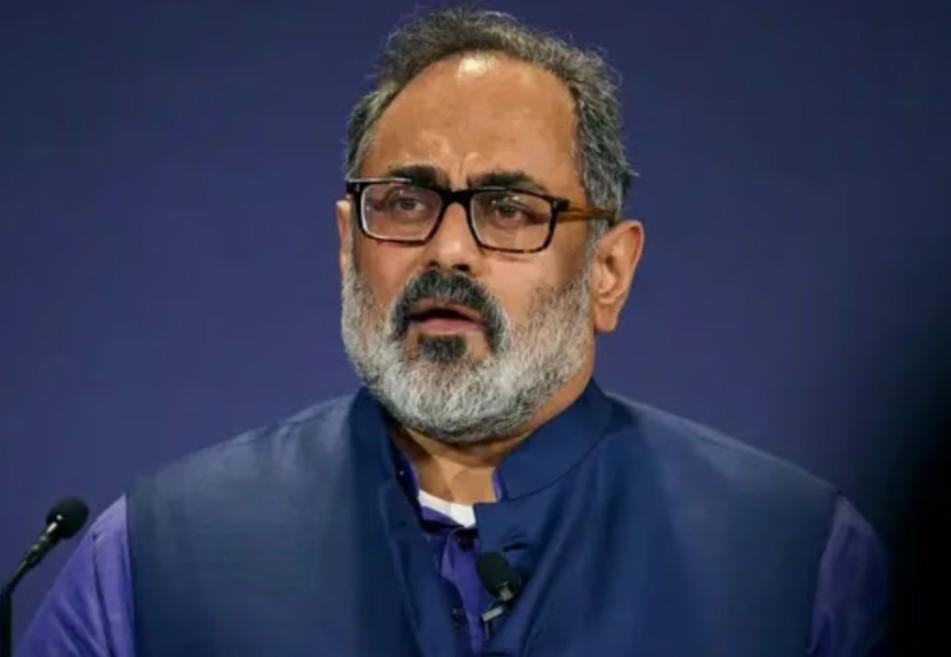
Title: Rahul Should Read and Learn the Constitution: BJP’s Chandrasekhar
In a recent Twitter post, BJP leader Rajeev Chandrasekhar took a direct jab at Congress leader Rahul Gandhi, urging him to read and learn the Constitution. The comment was made in response to Rahul’s criticism of the Waqf Bill, which was passed by the Union government. Chandrasekhar’s statement has sparked a heated debate, with many interpreting it as a subtle attack on Rahul’s understanding of the Constitution.
Rahul Gandhi, known for his constitutional expertise, has been vocal about his disapproval of the Waqf Bill, which he claims is an attempt by the government to exploit Waqf land for its own gain. In his criticism, Rahul has often cited the Constitution and its provisions to support his argument. However, Chandrasekhar believes that Rahul’s understanding of the Constitution is flawed, and that he should take the time to read and learn it properly.
According to Chandrasekhar, the Waqf Bill is designed to ensure that Waqf land is used for the benefit of poor Muslims, rather than being exploited by rich politicians or builders. He claims that the bill is a step towards empowering the marginalized sections of society, and that it is in line with the principles of equality and social justice enshrined in the Constitution.
Chandrasekhar’s statement is not the first time that the BJP has criticized Rahul Gandhi’s understanding of the Constitution. In the past, the party has accused Rahul of misinterpreting the Constitution and using it as a tool to further his own political agenda. This latest comment is seen as a continuation of that trend, with Chandrasekhar using Rahul’s reputation as a constitutional expert against him.
However, Rahul Gandhi’s supporters have defended his criticism of the Waqf Bill, arguing that it is a clear attempt by the government to exploit Waqf land for its own gain. They point to the fact that the bill was passed without adequate consultation with the Waqf authorities and the Muslim community, and that it lacks transparency and accountability.
In response to Chandrasekhar’s statement, Rahul Gandhi’s supporters have accused him of being dishonest and misleading. They claim that Chandrasekhar’s statement is an attempt to divert attention from the real issues and to discredit Rahul’s constitutional expertise. They argue that Rahul has a deep understanding of the Constitution and its provisions, and that his criticism of the Waqf Bill is based on his genuine concerns about the bill’s implications for the Muslim community.
The debate surrounding the Waqf Bill is not the first time that the BJP and the Congress have clashed over issues related to religion and minority rights. In recent years, the two parties have had several disagreements over issues such as the Citizenship Amendment Act, the National Register of Citizens, and the Uniform Civil Code.
The debate over the Waqf Bill is significant because it highlights the deep-seated divisions between the two parties on issues related to religion and minority rights. The BJP sees the Waqf Bill as a way to empower the marginalized sections of society, while the Congress sees it as an attempt to exploit Waqf land for its own gain.
In conclusion, the debate surrounding the Waqf Bill is complex and multifaceted, with both parties presenting valid arguments and counterarguments. While Chandrasekhar’s statement may have been intended as a subtle attack on Rahul’s understanding of the Constitution, it has also highlighted the deep-seated divisions between the two parties on issues related to religion and minority rights.
As the debate continues, it is essential that both parties engage in a constructive and respectful dialogue, focusing on the real issues and the implications of the Waqf Bill for the Muslim community. It is also essential that Rahul Gandhi and other leaders of the Congress Party engage with the Constitution and its provisions, rather than simply relying on their reputation as constitutional experts.
Sources:
